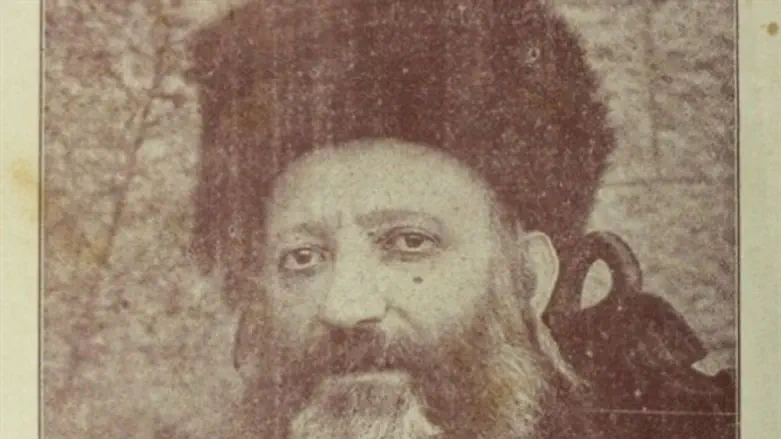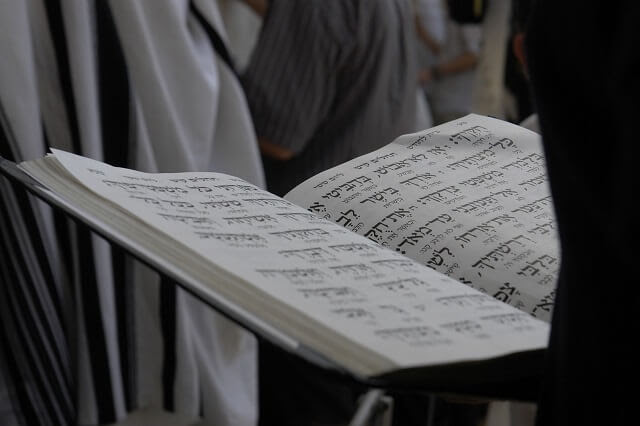

“קַוֵּה אֶל-ה', חֲזַק, וְיַאֲמֵץ לִבֶּךָ; וְקַוֵּה אֶל-ה'. (תהילים כ"ז:י"ב)
“Hope in God. Be strong and He will give you courage, and hope in God.” (Psalms 27:14)
Why does the psalmist repeat the phrase, “hope in God”?
The Sages explained that one should be tenacious in prayer. “If you pray but are not answered, you should pray again” (Berachot 32a).
Yet we could ask: If God did not answer my prayer the first time, what will I gain by praying again?
Step by Step
To answer this question we must understand the essence of prayer.
Prayer is a wonderful tool to elevate and perfect the soul. It accomplishes this by bolstering the soul’s powers with images of holiness and perfection. There is an infinite number of such mental images, and God knows exactly which ones are needed to perfect each individual soul. Divine wisdom determines what we are lacking and provides the corresponding stimulus for our prayers, thus enabling the soul to perfect itself in the appropriate area.
On occasion, a particular impression may not succeed in penetrating the depths of the soul. In such cases, acceptance of the prayer is delayed until the prayer is repeated sufficiently so that the soul will fully assimilate this image of holiness.
Thus we should not be discouraged if our prayers are not answered outright. All worldly matters have the potential to provide spiritual gains of eternal value. People are often disheartened if they do not succeed easily; but if we are aware that our actions are gradually bringing us closer towards our goal, even if the path is long and difficult, we will be encouraged by our incremental progress.[1]
Therefore, the psalmist repeats the phrase, “hope in God.” The basis of hope is our recognizing the value of these prerequisite steps. We must realize that each prayer, every aspiration and holy image, brings us that much closer to our goal. Not having fully arrived, we need to “be strong and take courage,” to gather strength to continue our spiritual efforts, “and hope in God.”
(Adapted from Ein Eyah vol. I, p. 151; introduction to Olat Re’iyah, p. 25, sent to Arutz Sheva by Rabbi Chanan Morrison, ravkooktorah.org)
See also: Ki Tavo: First Fruits, Led by an Ox and a Flute
[1] Malcolm Gladwell, in his book “Outliers: The Story of Success,” popularized the importance of deliberate practice to gain mastery in all fields.




